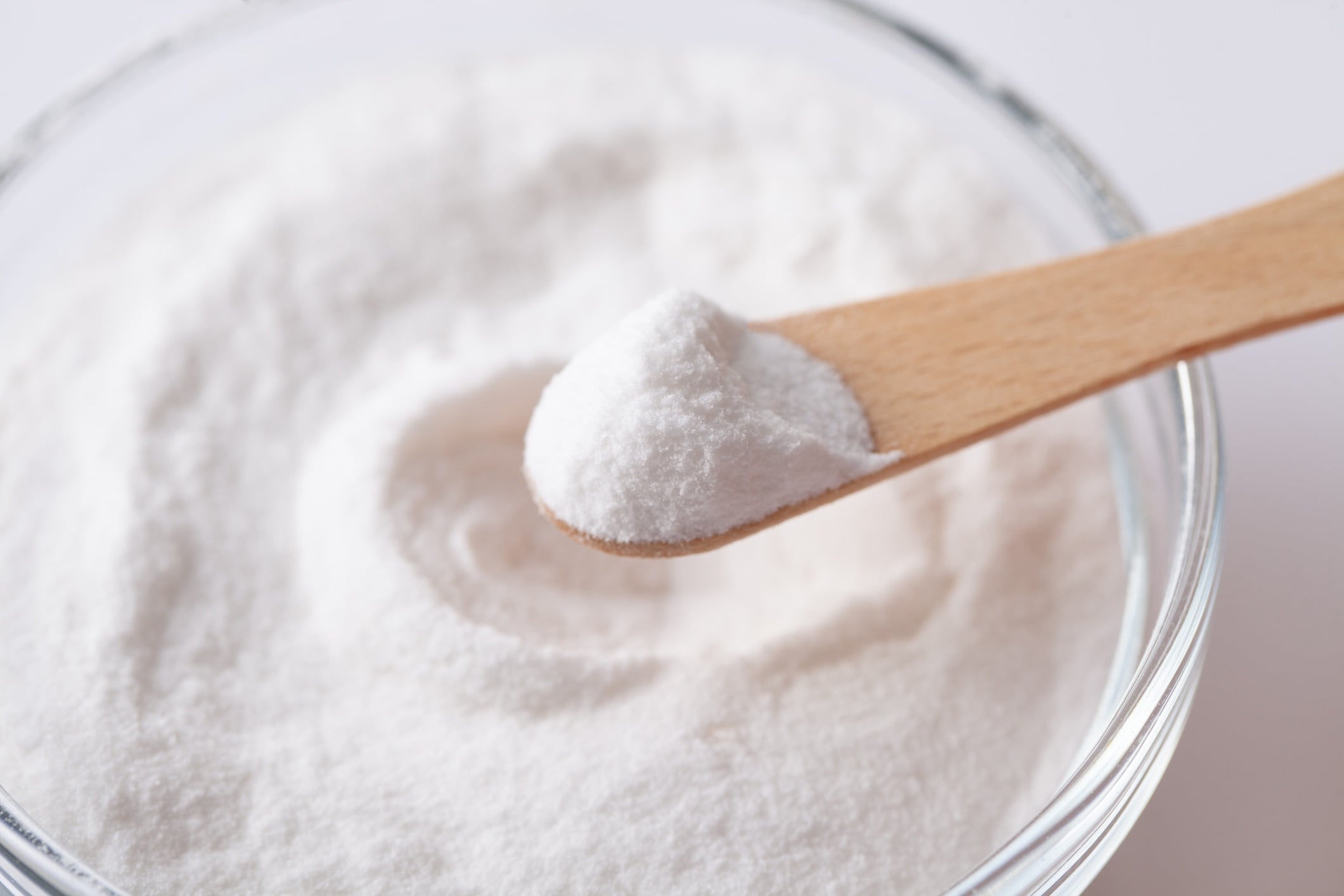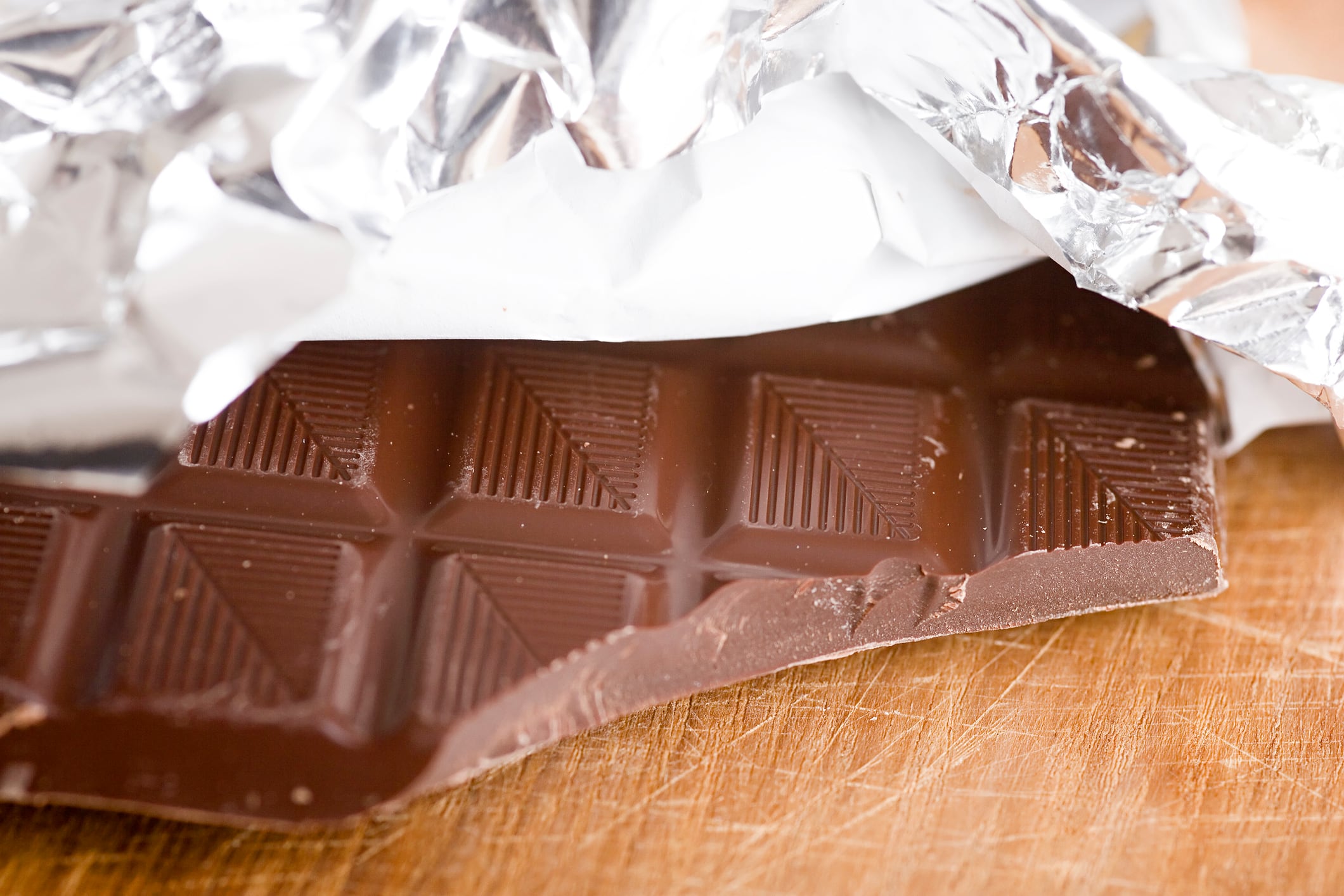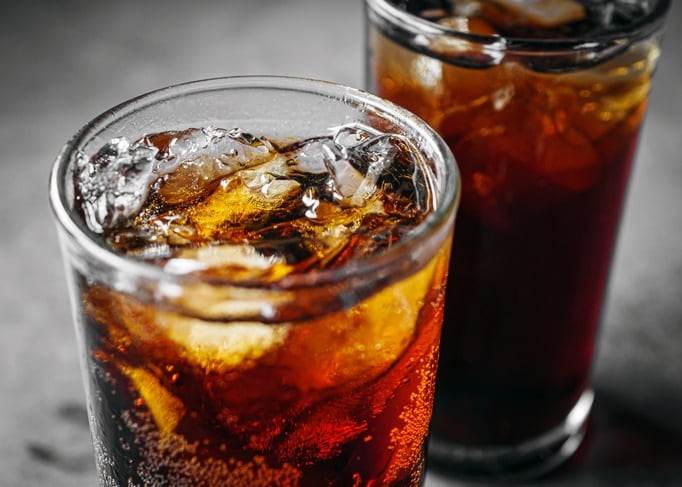Paris-based tech company Yuka, which operates a mobile app that enables users to scan food and cosmetic products and evaluate their health impacts, is bringing its campaign to ban aspartame to the United States.
Yuka has campaigned against aspartame in Europe, most recently through an 11-country petition demanding a ban on the sweetener that is used in thousands of common food products, including NutraSweet, Equal, Diet Coke, Coke Zero, Diet Snapple, Fanta Zero, Sprite Zero, Crystal Light, Wrigley’s and Mentos gum and sugar-free Jell-O, among others.
Aspartame fight goes global
Yuka, which launched in 2017 and claims 75 million users, is now focusing its anti-aspartame efforts on the US, publishing in early October its report, Aspartame: When Lobbying Dictates Science.
“The report reveals decades of manipulation, conflicts of interest and scientific negligence by authorities such as the US Food and Drug Administration (FDA) and the European Food Safety Authority (EFSA),” the group said.
The food and beverage industry-backed Coalition for Safe Food & Beverage Choices argues on its website that FDA has supported the safety of aspartame for decades.
“There’s been 40 years of research and more than 100 scientific studies that have affirmed the safety of aspartame. US FDA scientists have reviewed the scientific data on the safety of aspartame and repeatedly concluded that it is safe, asserting that it is ‘one of the most exhaustively studied substances in the human food supply,’” the coalition argues.
Conflicting research
FDA first approved aspartame’s use in 1974 and reapproved it in 1996, but the ingredient’s safety has been called into question by numerous studies correlating aspartame to cancer, type 2 diabetes and cardiovascular disease.
The most oft-cited study is from the World Health Organization’s (WHO) International Agency for Research on Cancer (IARC), which classified aspartame as “possibly carcinogenic” in 2023.
However, the Joint Expert Committee on Food Additives (JECFA), an international scientific expert committee that is administered jointly by the WHO and the Food and Agriculture Organization of the United Nations (FAO), determined that there is no evidence to show that consumption is harmful within existing daily intake guidelines.

The Coalition for Safe Food & Beverage Choices released a statement in 2023 by Dr. Arnold Baskies, past chair of the National Board of Directors of the American Cancer Society, calling the IARC report “irresponsible.”
“The WHO Joint Expert Committee on Food Additives’ (JECFA) review says that aspartame is safe for human consumption. JECFA is the authoritative international agency when it comes to food safety,” Baskies said. “FDA relies on JECFA’s assessments as part of its process to determine not only what is safe to consume, but also what quantity. The American people should have confidence in their food and beverage choices because JECFA is the WHO agency that measures risk to humans from ingredients.
“It is irresponsible to needlessly scare or confuse people. If there was any cause for concern, they would have adjusted the current Acceptable Daily Intake (ADI),” Baskies said.
Aspartame on notice
Yuka argues that aspartame is “hidden in over 6,000 products worldwide” and generates billions for food manufacturers. The organization said that its US report builds on the momentum of efforts in Europe to ban aspartame.
In the US, companies must list all ingredients - including aspartame - in the Nutrition Facts and Ingredients panels.
“This call is not happening in a vacuum: We are already witnessing states like Louisiana take decisive action, recently passing a bill that prohibits both public and private schools receiving state funds from serving foods containing aspartame in school breakfasts, lunches and aftercare meals,” Yuka said. “At the same time, major retailers are also drawing the line – grocery store giant Whole Foods has banned aspartame from all products on its shelves.”
Texas also passed a bill (SB 25) in June that requires warning labels on products containing any of 44 different ingredients, including aspartame.
The Texas law will apply to labels developed or copyrighted on or after Jan. 1, 2027, and must read: “WARNING: This product contains an ingredient that is not recommended for human consumption by the appropriate authority in Australia, Canada, the European Union, or the United Kingdom.”
Kennedy weighs in
Yuka also appears to have found an ally in Health and Human Services Secretary Robert F Kennedy, whose Make America Healthy Again report questioned the safety of aspartame in a section that scrutinizes ultra-processed foods.
The MAHA report states: “Artificial sweeteners like aspartame, sucralose and saccharin, used widely in diet sodas and sugar-free foods, have been observed to interfere with the gut microbiome in some studies. Gut microbiome shifts have been linked to obesity, metabolic issues and possibly glucose intolerance. The classification of aspartame as possibly carcinogenic (Group 2B) by the International Agency for Research on Cancer further complicates the understanding of these widely used substances, especially given the existence of conflicting research results.”




